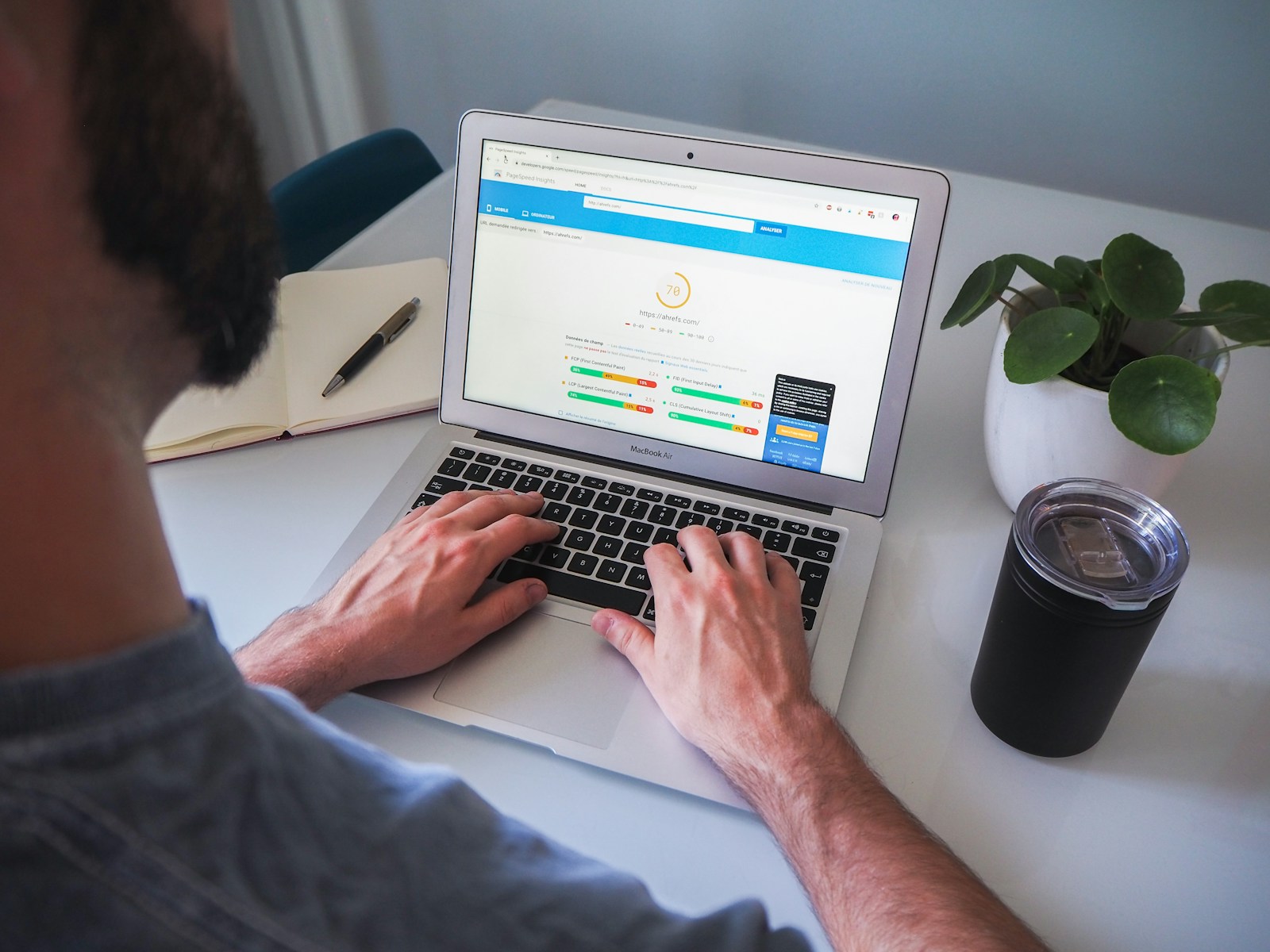Deciding between SEO and PPC can be a challenging decision for businesses aiming to enhance their online presence. Both strategies offer unique benefits and can significantly impact your marketing success. Understanding the differences, advantages, and potential drawbacks of each approach can help you make an informed decision. In this article, we’ll compare SEO vs. PPC strategy to determine which might be best for your business.
Understanding SEO (Search Engine Optimization)
SEO involves optimizing your website to improve its visibility on search engines like Google. This strategy focuses on organic traffic, aiming to rank higher in search engine results pages (SERPs).
Key Components of SEO:
- On-Page SEO: This includes optimizing content, meta tags, images, and internal links to make your site more attractive to search engines.
- Off-Page SEO: Building high-quality backlinks from reputable websites to enhance your site’s authority.
- Technical SEO: Ensuring your website’s technical elements, such as site speed, mobile-friendliness, and XML sitemaps, are optimized.
Pros of SEO:
- Cost-Effective: While it requires time and effort, SEO can be more cost-effective in the long run compared to PPC.
- Sustainable Results: High rankings achieved through SEO can lead to sustained traffic over time, even without continuous investment.
- Credibility and Trust: Users tend to trust organic results more than paid ads, which can enhance your brand’s credibility.
Cons of SEO:
- Time-Consuming: SEO is a long-term strategy and can take months to see significant results.
- Algorithm Changes: Search engine algorithms frequently change, which can affect your rankings.
Understanding PPC (Pay-Per-Click Advertising)
PPC involves paying for ads that appear on search engine results pages and other platforms. Advertisers pay a fee each time someone clicks on their ad.
Key Components of PPC:
- AdWords and Bing Ads: Platforms like Google AdWords and Bing Ads where businesses bid on keywords to display their ads.
- Targeting Options: Advanced targeting options, including demographics, location, interests, and more.
- Ad Copy and Landing Pages: Creating compelling ad copy and optimized landing pages to maximize conversions.
Pros of PPC:
- Immediate Results: PPC can drive traffic to your site almost instantly once your ads go live.
- Controlled Budget: You can set a specific budget and control your spending effectively.
- Targeted Advertising: Advanced targeting options allow you to reach a highly specific audience.
Cons of PPC:
- Cost: PPC can be expensive, especially in competitive industries where bid prices for keywords are high.
- Temporary Results: Once you stop paying for ads, the traffic stops, unlike the lasting effects of SEO.
Comparing SEO vs. PPC Strategy
Cost:
- SEO: Generally involves upfront costs for content creation, optimization, and possibly tools or services, but can provide a sustainable return over time.
- PPC: Requires continuous investment, with costs depending on the competitiveness of your keywords and industry.
Time to Results:
- SEO: Takes longer to see results, often several months, but those results can be long-lasting.
- PPC: Provides immediate traffic and results, ideal for short-term campaigns or new product launches.
Sustainability:
- SEO: Offers long-term benefits and continuous traffic without ongoing costs.
- PPC: Provides quick results but requires ongoing investment to maintain traffic.
Control and Flexibility:
- SEO: Less immediate control over rankings due to dependency on search engine algorithms.
- PPC: Greater control over ad placement, targeting, and budget, allowing for quick adjustments.
Which Strategy Is Best for Your Business?
The decision between SEO and PPC depends on your specific business goals, budget, and timeline.
When to Choose SEO:
- Long-Term Growth: If you’re focused on building a sustainable, long-term online presence, SEO is the way to go.
- Cost Efficiency: Businesses with limited budgets may prefer SEO for its potential long-term cost savings.
- Building Trust: If credibility and trust are important for your brand, SEO’s organic results can be more effective.
When to Choose PPC:
- Immediate Results: For businesses needing quick visibility, such as new product launches or time-sensitive promotions, PPC is ideal.
- Targeted Campaigns: If your campaign requires precise targeting based on demographics, interests, or behaviors, PPC offers advanced options.
- Competitive Industries: In highly competitive markets, PPC can help you achieve visibility where organic rankings are difficult to attain quickly.
Conclusion
Both SEO and PPC are powerful tools in a digital marketing strategy. Understanding their strengths and limitations can help you decide which approach aligns best with your business objectives. For most businesses, a balanced combination of both SEO and PPC might be the optimal strategy, leveraging the immediate impact of PPC and the sustainable growth of SEO. Evaluate your goals, budget, and timeline to create a tailored approach that maximizes your online presence and drives success.

